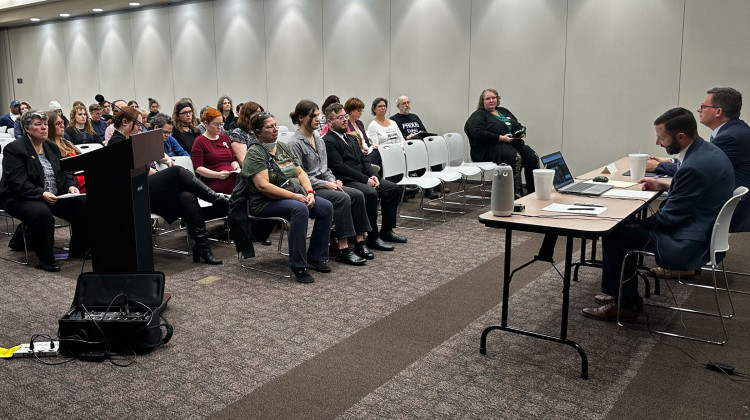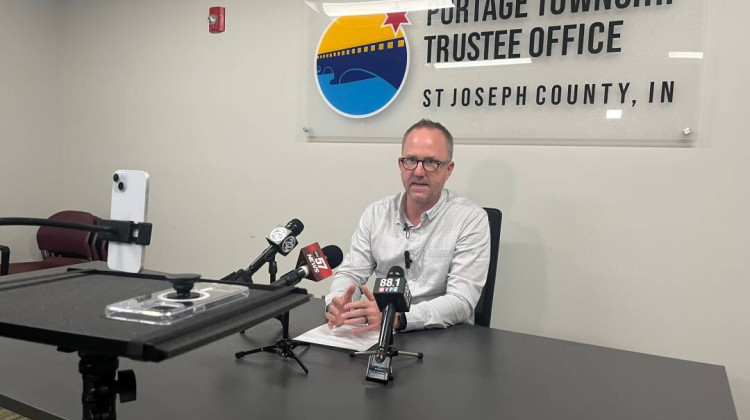The oil company BP has agreed to pay $2.75 million in a settlement over air pollution violations at its refinery in northwest Indiana. The agreement was filed in a federal district court on Thursday and still has to be approved by a judge.
Last year, the Hoosier chapter of the Sierra Club won a lawsuit against the company for emitting too much particle pollution at its Whiting Refinery between 2015 and 2018. Exposure to particle pollution can cause heart attacks, aggravate asthma, and cause other heart and lung problems.
As part of the settlement, BP will give $500,000 to the Student Conservation Association, which plants trees in northwest Indiana every year. Another $500,000 will go to filter out particle pollution in school buildings in either Hammond, East Chicago, or both.
Eric Schaeffer is the executive director of the Environmental Integrity Project, which represented Sierra Club in the suit.
“They're full of children whose respiratory systems are more vulnerable," he said. "They're still growing, they’ve got smaller lungs, and you want to keep the air for the kids as clean as possible — and we think this project will help to do that."
Eric Kurtz is the assistant superintendent of business services and CFO for the School City of Hammond. In a statement, he said the district was working on finalizing a memorandum of understanding for use of the funds.
“Once that process is complete, our legal counsel will review the MOU, which will then be submitted to our School Board of Trustees for consideration," he said.
Schaeffer said while the EIP is happy with the settlement, the Whiting Refinery needs a new, stricter permit that will reduce particle pollution in northwest Indiana.
“The environmental projects can help offset some of the harm caused by that pollution. But ultimately, you want less pollution," he said.
Schaeffer said the Indiana Department of Environmental Management is more than two years overdue to renew the Whiting Refinery's permit.
"The renewal is important because that gives the public an opportunity to look at what's in the permit. And if you see something that you think is illegal — or conflicts with another, tighter emission limit — you can argue with the state. And if they don't agree with you, you can petition the EPA. And if the EPA doesn't agree with you, you can go to court," he said.
Schaeffer said some of the refinery's boilers are very old and inefficient and should be replaced.
In a separate lawsuit over particle pollution, BP was ordered to pay a $500,000 penalty last year and required to do more stringent emissions monitoring and reporting at the facility.
Contact reporter Rebecca Thiele at rthiele@iu.edu or follow her on Twitter at @beckythiele.
9(MDAyMzk1MzA4MDE2MjY3OTY1MjM5ZDJjYQ000))
 DONATE
DONATE








 Support WFYI. We can't do it without you.
Support WFYI. We can't do it without you.